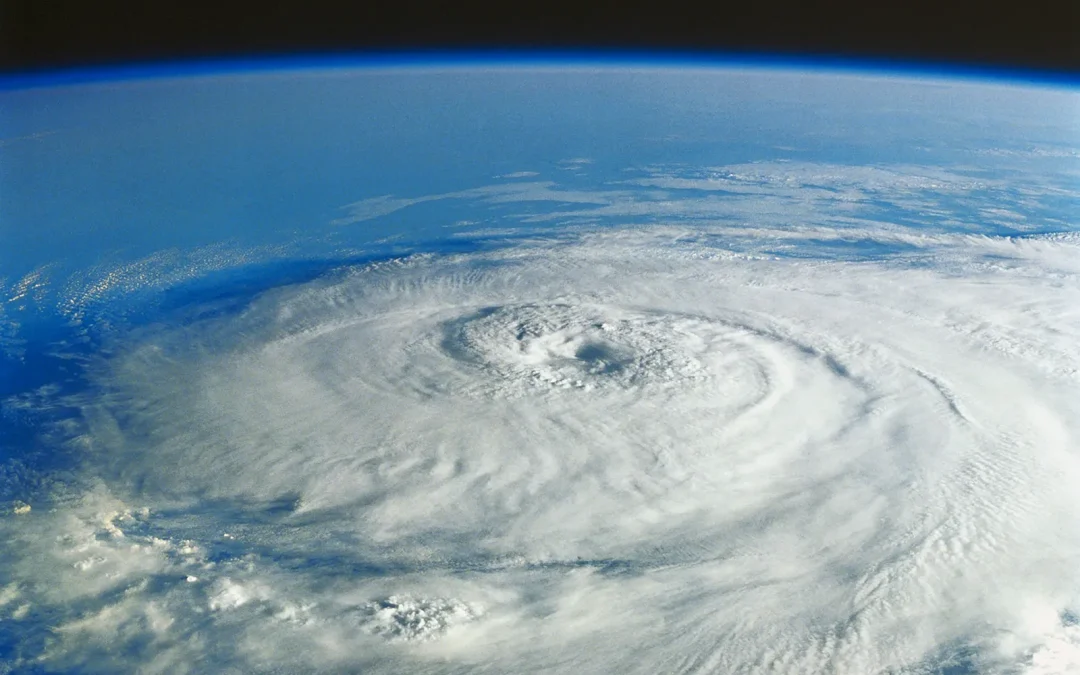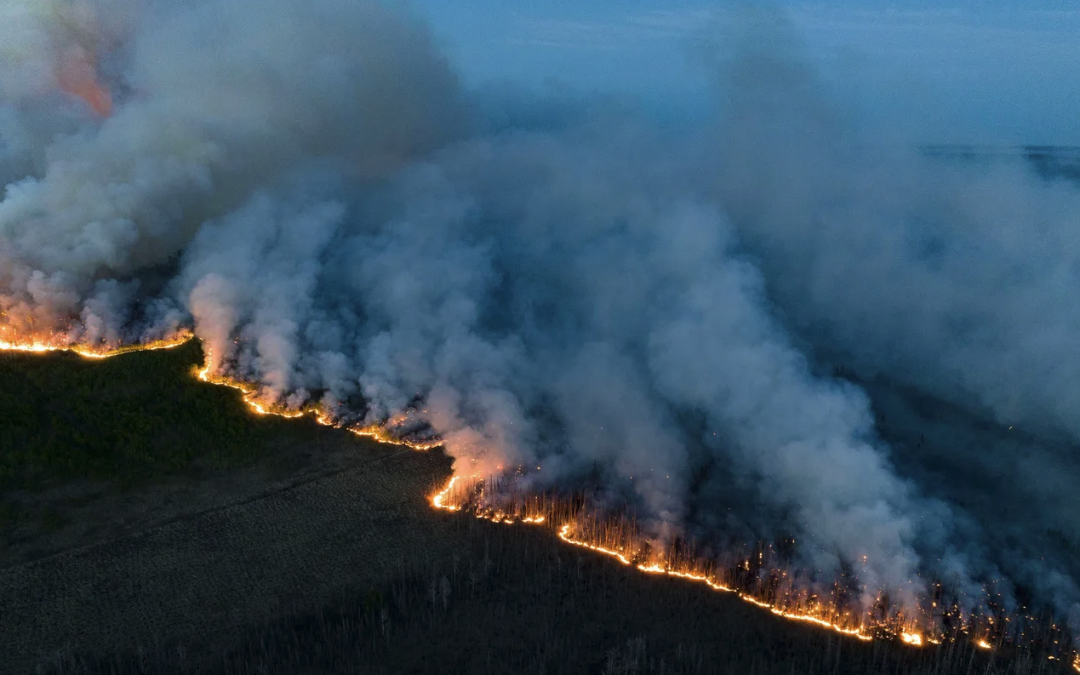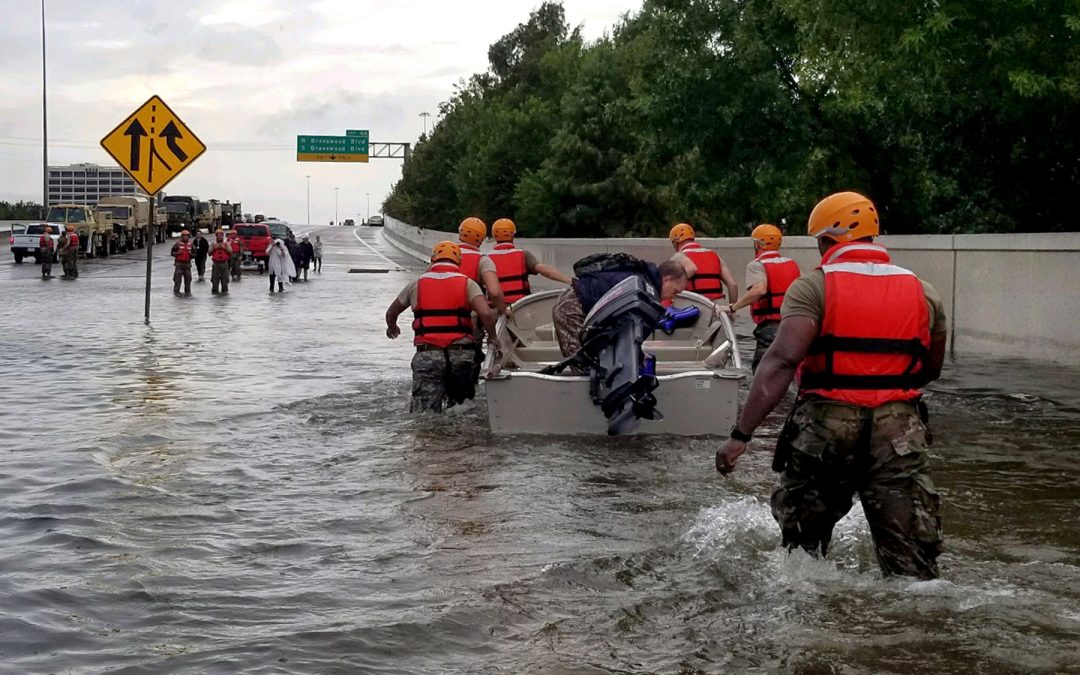
Preparation is key to Disaster Management
In the face of increasing natural disasters, preparedness is crucial.

In the face of increasing natural disasters, preparedness is crucial.

Increasingly, communities have been forced to confront the stark realities of wildfire management, and recent years have underscored the urgent need for proactive measures to prevent future tragedies.

In the aftermath of a disaster, effective communication becomes a lifeline for Non-Governmental Organisations (NGOs) engaged in relief efforts, but how do NGO communication strategies enable them to navigate the complexities of disaster response?

Measuring resilience is crucial for continuous business improvement, but what key metrics and assessment tools can organisations employ to gauge employee safety and resilience levels?

As businesses find themselves expanding into high-risk zones for market exploration, investment opportunities, or project implementations, the safety of employees becomes a paramount concern in such challenging environments.

In recent years, the integration of geofencing technology into mobile applications has expanded beyond its initial business applications.